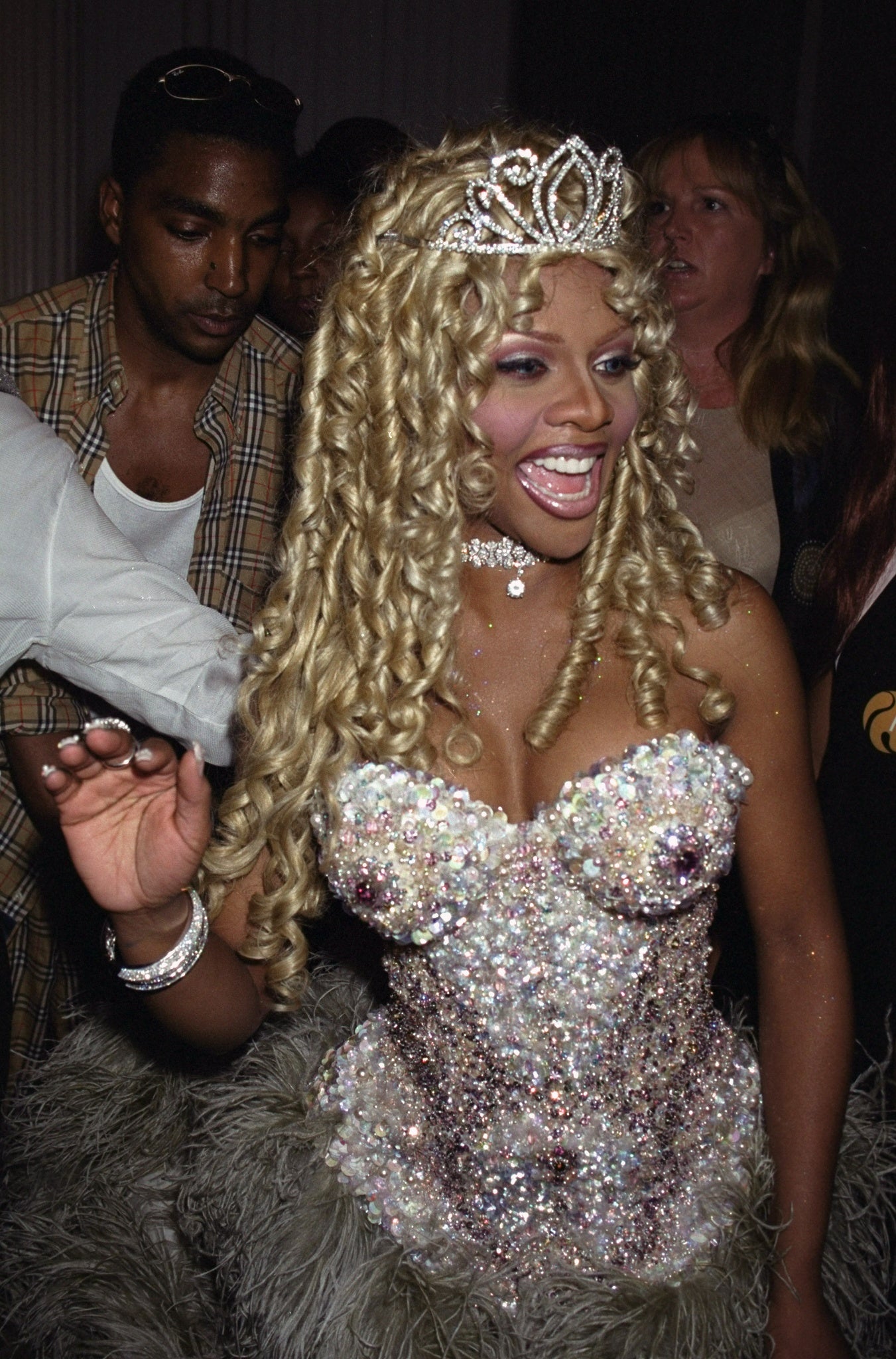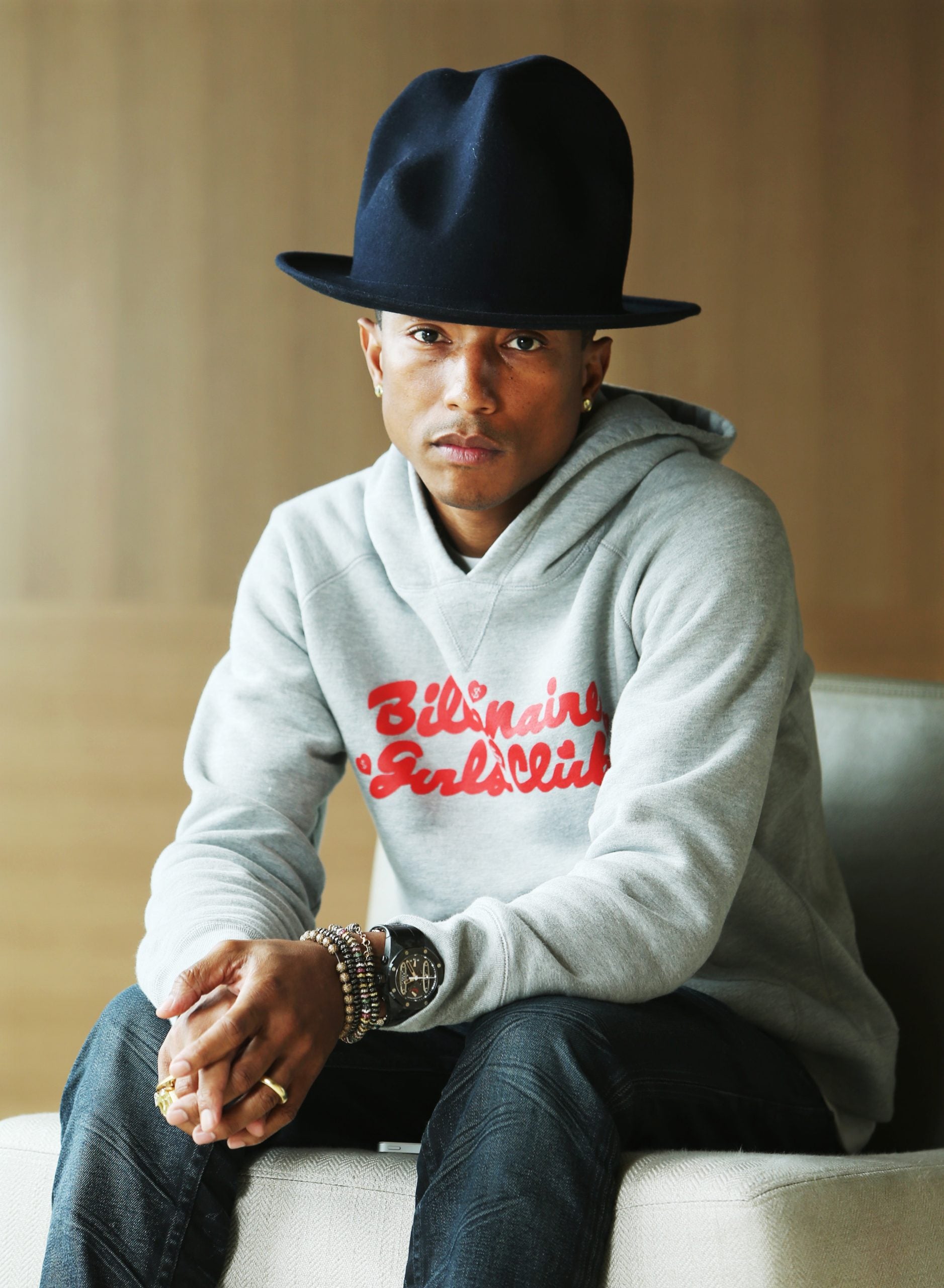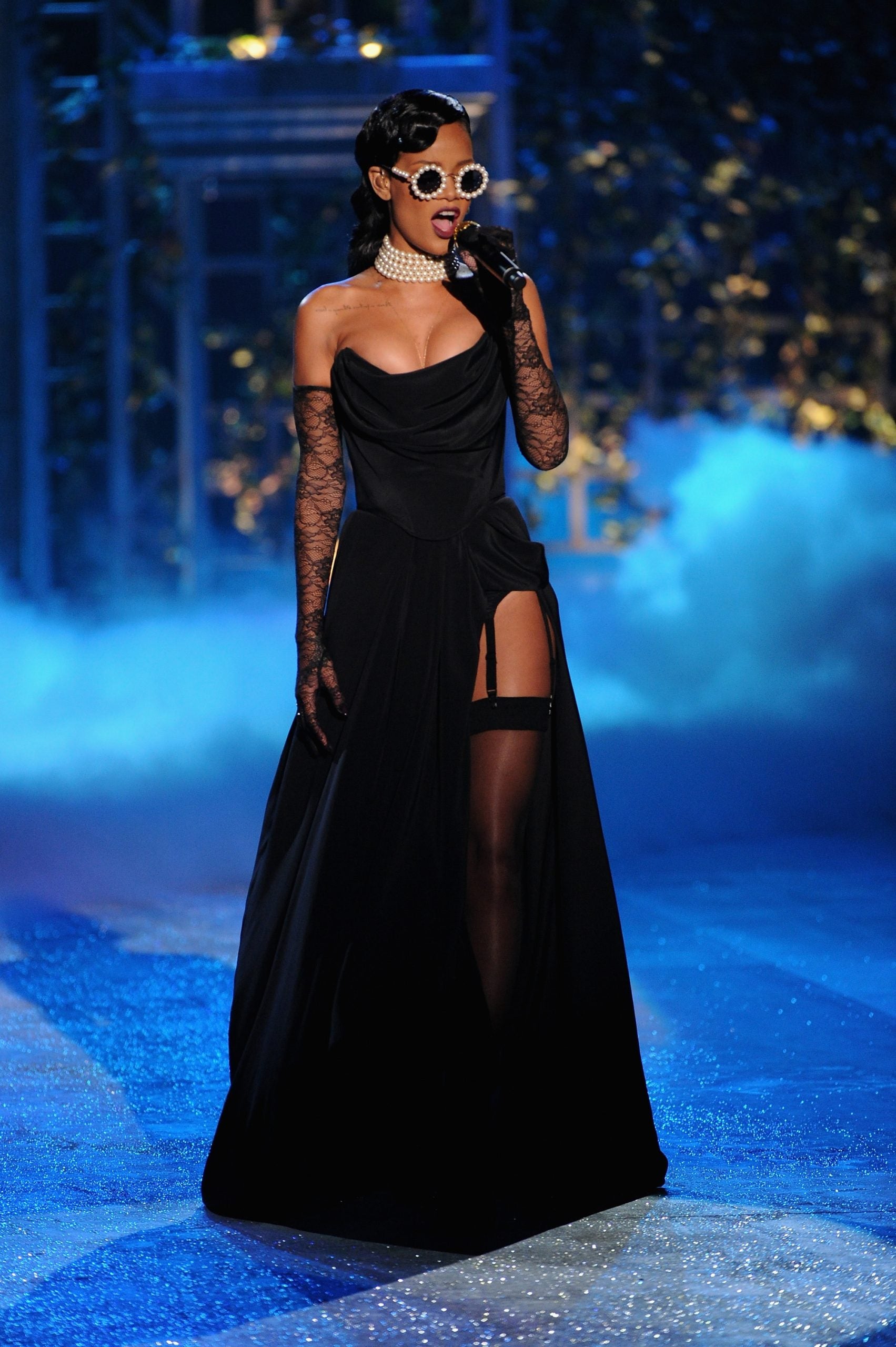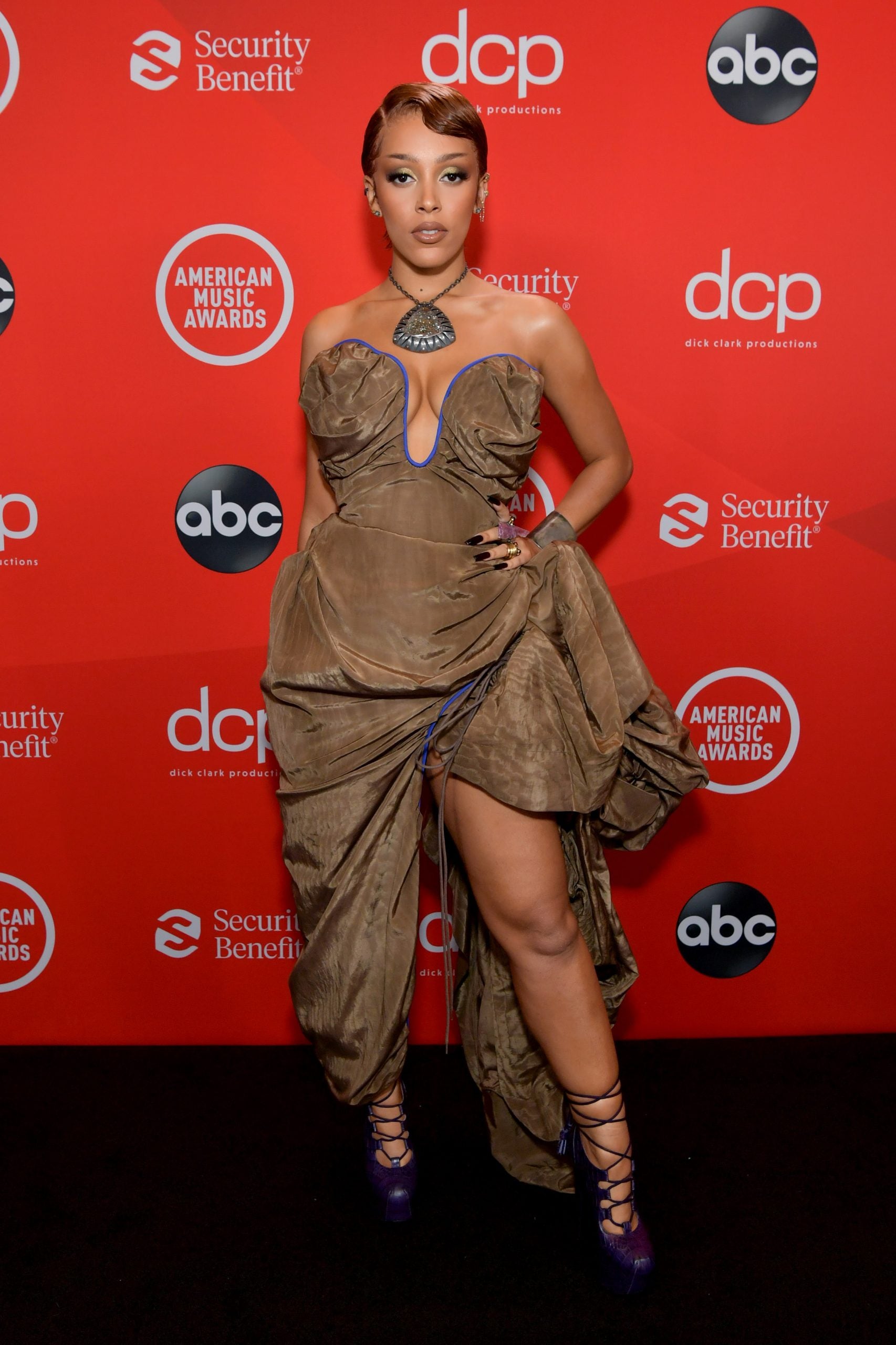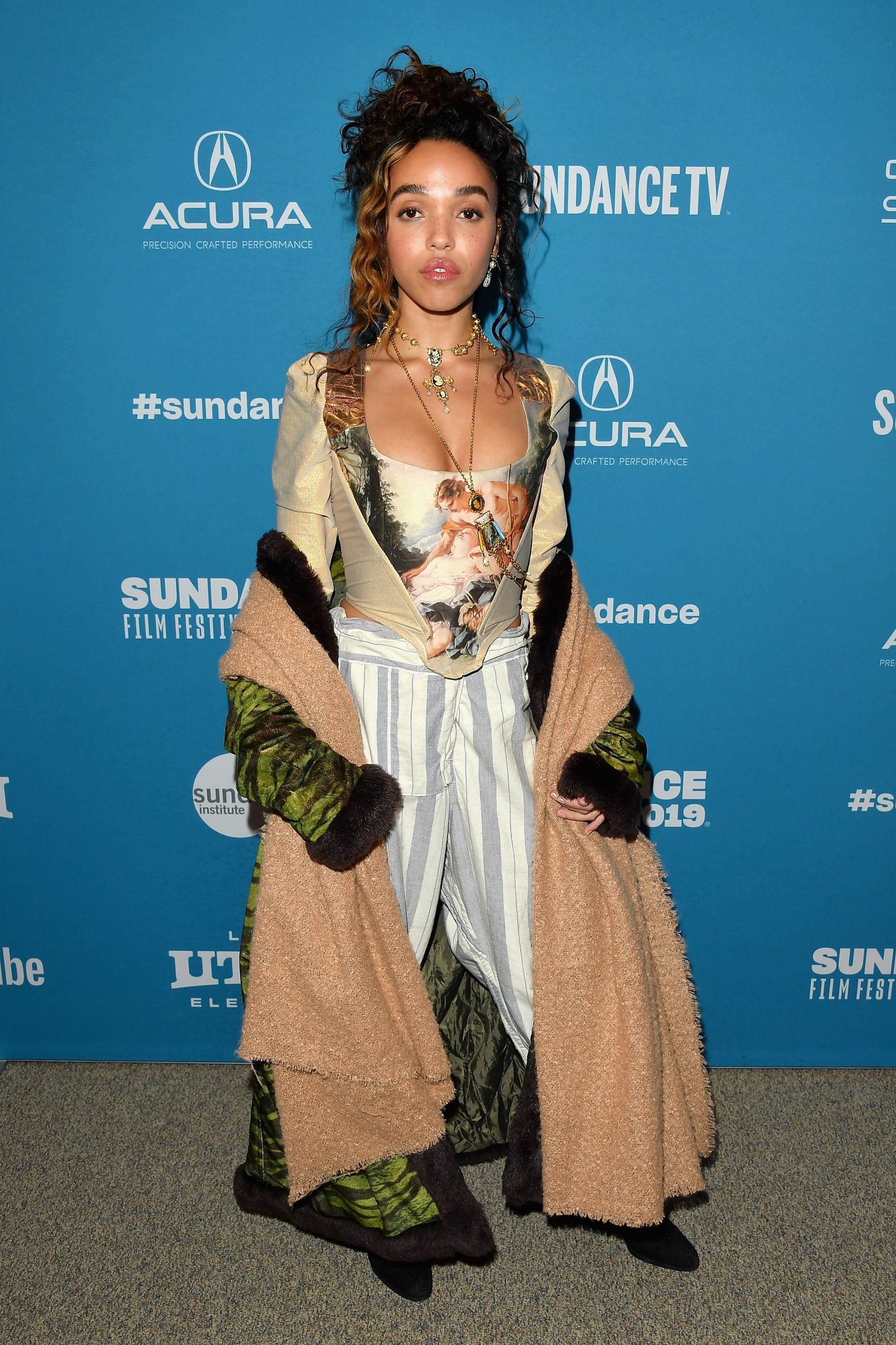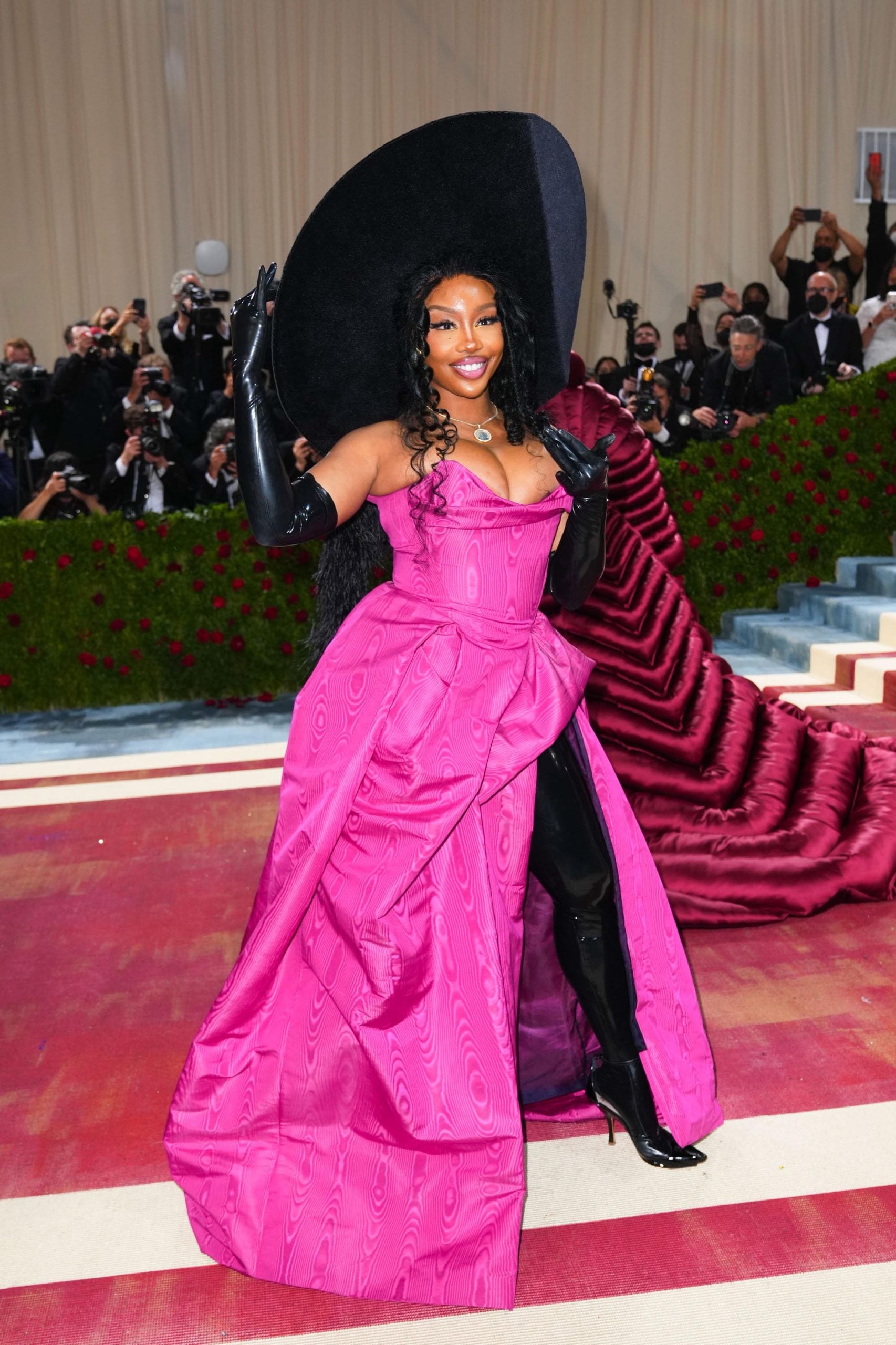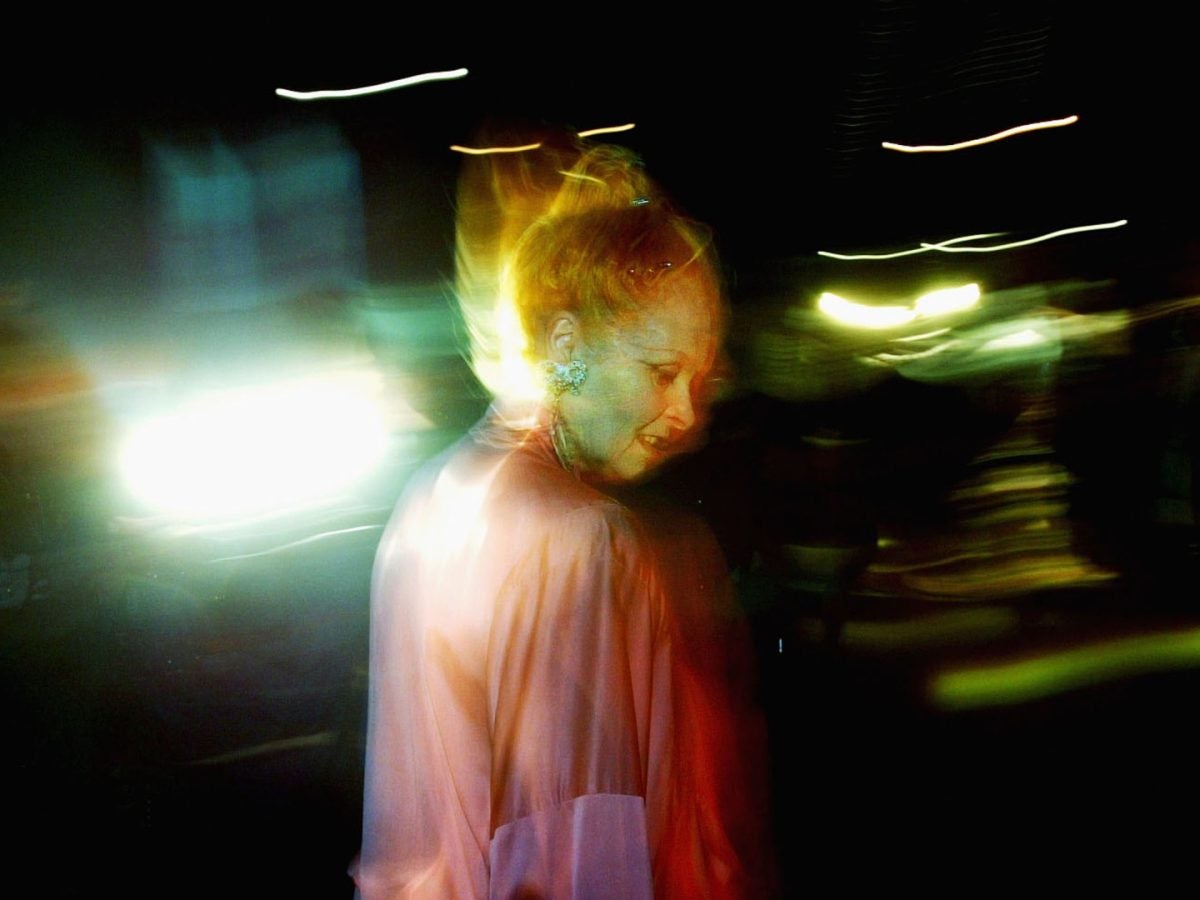
In what seems like a constant, never-ending cycle, the fashion space has lost yet another heavyweight, Dame Vivienne Westwood (in fact, this year has taken several fashion luminaries; André Leon Talley (Jan. 18), Thierry Mugler (Jan. 23), and Issey Miyake (Aug. 5). The British designer played a pivotal role in popularizing punk style within the fashion space and tirelessly advocating for originality, artistic expression, and sustainability. From her signature tartan plaids, a juxtaposition of baroque aesthetics with a gritty punk edge, and a soft romanticism —Westwood is fully cemented as one of the great disrupters of fashion, leaving behind an immeasurable legacy.
After the news of her passing circulated on fashion twitter, I kept thinking about the long history of Black musicians and their connection to the punk sensibilities of Vivienne Westwood. Everyone from Lil’ Kim to Beyoncé has had a Westwood moment. And there must be an explanation for why it resonates so. Punk tends to be hard to reduce to a simple aspect (like, is it a genre, a style, a way of life?). But at the core, punk is a space of artistic and political experimentation, which I believe automatically speaks to the Black experience (“Fight The Power,” Hip-Hop as both a musical genre & culture, etc.). “I think the Westwood brand still resonates with Black musicians because of its overall design ethos with the spirit of challenging sartorial norms and defying certain ideas that are forced onto them. This is something that Black folks are up against daily,” says fashion journalist Scarlett Newman.
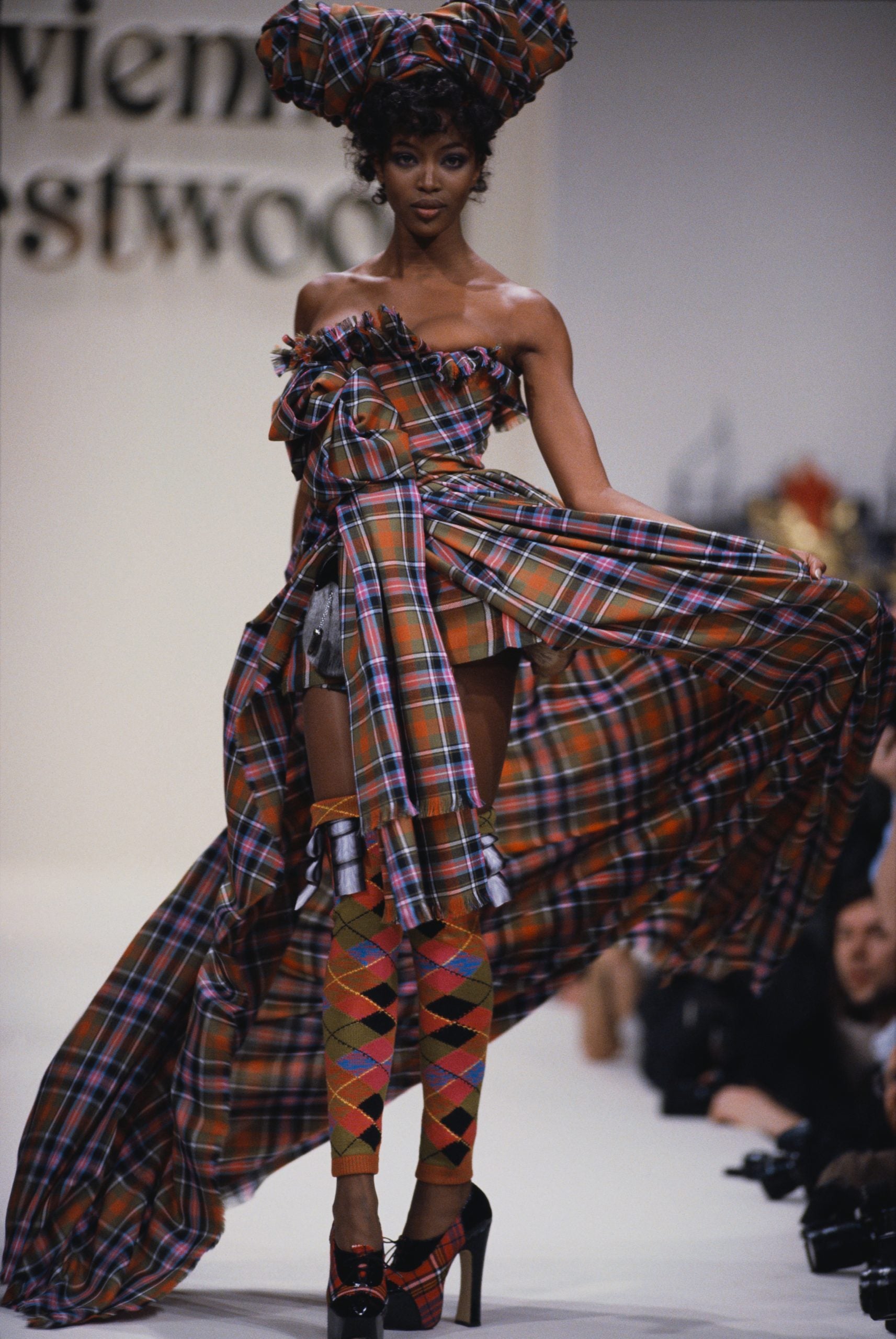
And just like any other music genre or major socio-movement, the history of punk is often told through a white lens. While it is difficult to pinpoint the genre’s exact origins, it’s widely associated with the British wave: The Sex Pistols, The Clash, and The Damned. And a little shop called SEX (which is where Westwood comes into the punk history fold). But while angsty white working-class folx were opposing the status quo across the pond, make no mistake that Black musicians were interjecting themselves into the punk cannon, both in the UK and the US.
Punk is provocative. From the proto-punk offerings of Death, to the widespread influence of D.C. hardcore punk band Bad Brains –- Black punk artists have always been there. As Newman echos, “Black people are inherently punk, in my opinion. We will challenge the system through music and self-presentation, something that Vivienne Westwood’s clothes speak directly to and were kind of born out of.”
This brings me back to Westwood. Her creations dressed the British punk movement and continue to illicit the same energy amongst artists today. From Cardi B wearing a Westwood signature corset to Pharrell and those sculptural hats, it’s clear that the Westwood brand still echos that angsty, rebellious essence.
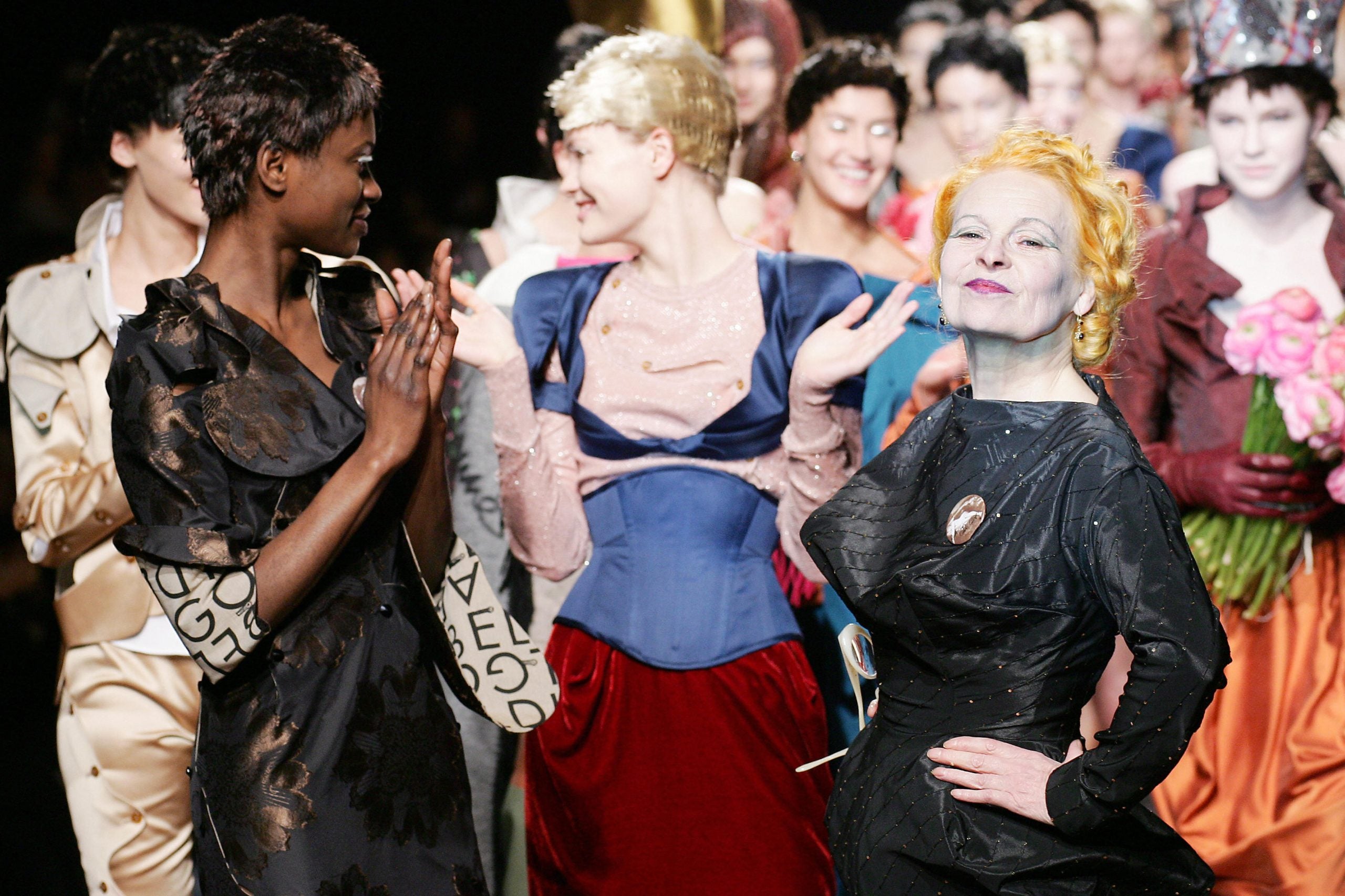
Ahead, see some of the ways Dame Westwood’s punk, sartorial legacy has permeated Black pop culture and continues to live on.
